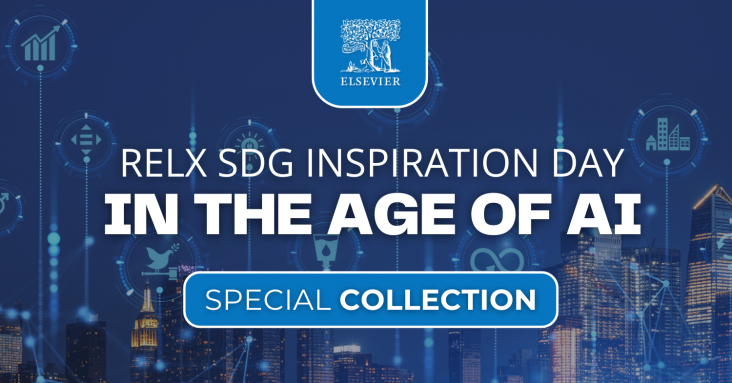While there is an extensive and substantial body of epidemiological research on gender-specific differences regarding the prevalence, persistence, and comorbidity of Emotional and Behavioral Disorders (EBD) in childhood and adolescence, empirical research on inclusive education largely lacks a differentiated and gender-sensitive research approach. However, initial empirical findings indicate that girls with internalizing behavior problems are to be considered a particularly vulnerable group in school regarding their social integration, their self-concept, their well-being in school and their perception and interpretation of social interaction processes. Can girls with internalizing behavior problems thus be referred to as the 'forgotten gender' of empirical research on inclusive education?
Resilient Health: Leveraging Technology and Social Innovations to Transform Healthcare for COVID-19 Recovery and Beyond, 2024, pp 71-87
Resilient Health: Leveraging Technology and Social Innovations to Transform Healthcare for COVID-19 Recovery and Beyond, 2024, pp 1085-1098



